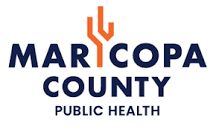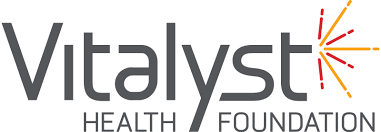The Maricopa County Department of Public Health is dedicated to the growth and development of the next generation of public health practitioners. Our internship program is designed to be the bridge between academic learning and real-life work application through meaningful project opportunities and leadership development.
The project assignment encompasses the day-to-day, project-based work of the specific offices within the public health department. Students will:
- Work on a mission-driven project designed to be a resume builder;
- Have professional one-on-one mentorship; and
- Be exposed to the innerworkings of governmental public health.
The Leadership Academy is designed to develop the essential skills identified by hiring managers within public health programs. The academy will include:
- Professional development seminars
- Program Highlights to discover other public health programs within the department;
- Built-in reflections and career roadmaps; and
- Networking with other students and working professionals who are dedicated to making a difference.
The Internship Program will conclude with a Symposium open to the entire Public Health Department, where interns will:
- Be recognized by the department for their work; and
- Practice public speaking skills by presenting their project outcomes and lessons learned.
The Public Health Internship Program goes beyond the office work experience and truly emphasizes the importance of preparing a well-rounded next generation of public health workers.
Click below to learn more about the open positions.
-
Digital Marketing Developer Intern
-
HIPMC Marketing Support Intern
-
Social Media and Graphics Support Intern
-
Video Production Intern




